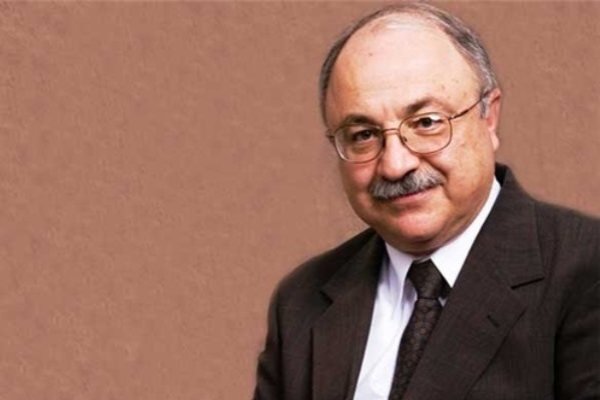Trump may allow Riyadh to enrich uranium at low levels: Professor

TEHRAN - Prof. Nader Entessar is of the opinion that “The existing laws governing U.S. nuclear transfer technology must be modified or exemptions granted for the Trump administration to accommodate Saudi desires.”
“I think the Trump administration may be successful in getting the requisite exemptions to allow Riyadh to enrich uranium at low levels.”
Professor Entessar, who is the Chair of Department of Political Science and Criminal Justice at the University of South Alabama, also says that “However, allowing Riyadh to reprocess plutonium will deal a major blow to the international nonproliferation regime and may elicit reactions from not only Iran but also other regional countries.”
Following is the complete text of the interview with Professor Nader Entessar:
Q: After a few years, U.S. administration announced it will sign a nuclear agreement with Riyadh. Why is the U.S. convinced to restart negotiation for a nuclear agreement?
A: Saudi Arabia, especially under the tutelage of Mohhamad bin Salman (MbS) has become a cash cow for the United States. The nuclear agreement will satisfy MbS's ego and will keep his country as a pliable client of the U.S. under the Trump administration. Also, the agreement with Saudi Arabia will be yet another leverage against Iran and its regional policies. Apparently, Saudi Arabia has hired King& Spalding, an international law firm headquartered in Atlanta to lobby the Trump administration to get U.S. approval for a Saudi nuclear program. The federal documents show that the Saudi government is paying the King & Spalding law firm up to $450,000 for a 30-day period. It is interesting to note that this law firm has also advised President Trump's real estate empire.
Q: Two Kingdom’s desire for its nuclear plan are enriching uranium and reprocessing plutonium. Will the U.S. accommodate the Riyadh in these issues?
A: The existing laws governing U.S. nuclear transfer technology must be modified or exemptions granted for the Trump administration to accommodate Saudi desires. I think the Trump administration may be successful in getting the requisite exemptions to allow Riyadh to enrich uranium at low levels. However, allowing Riyadh to reprocess plutonium will deal a major blow to the international nonproliferation regime and may elicit reactions from not only Iran but also other regional countries.
Q: Some argue that if the U.S. does not cooperate with the Saudis in its nuclear program, Russia and China may do so, and this will lead to reducing American nuclear influence in the region. What is your opinion?
A: I think there is certainly some validity to this argument, but the Iran dimension of this whole episode is more important to the U.S. than any other variable.
Q: Which model for Saudi’s nuclear plan is likely, JCPOA or U.S. agreement with the United Arab Emirates?
A: I think if given a choice, the Saudis would prefer the UAE model to one similar to the JCPOA. The Iran nuclear agreement places significant and long-term restrictions on Tehran's nuclear research and industry whereas the UAE model gives more leeway and freedom of action to the Saudis if they are given the choice of selecting between the JCPOA -type agreement or what the UAE has been able to garner from the West.
Leave a Comment